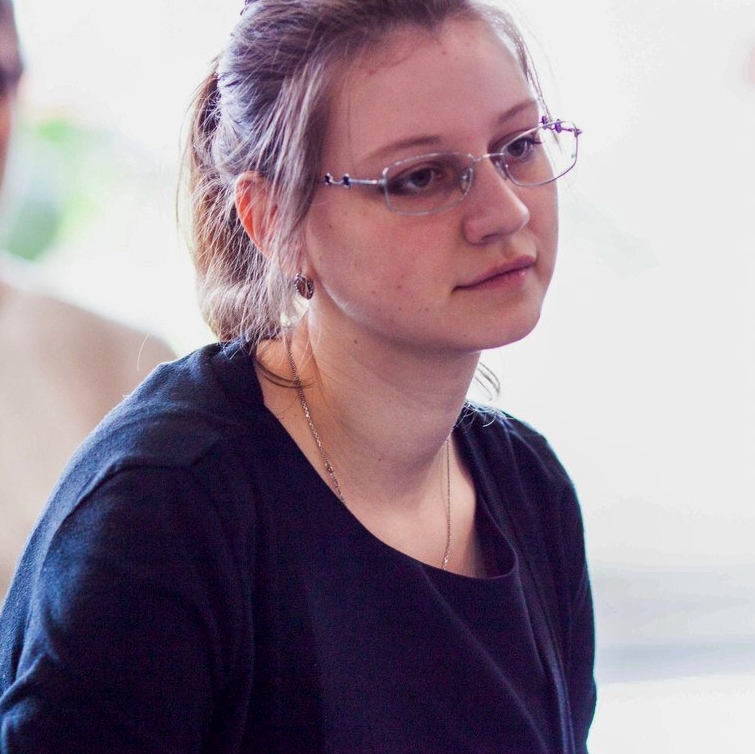The article deals with the phenomena of secularization and “post-Christian religiosity” in postmodern religious philosophy. Basing on the works of a famous postmodernist philosopher G. Deleuze in co-authorship with F. Guattari, as well as on writings of theorists of postmodern deconstructive theological project named “a/theology” C. Raschke and M. Taylor, author discusses the problem of overcoming the binary opposition of the concepts “religious” and “secular” in the framework of the postmodern understanding the phenomenon of secularization as a stage in the process of evolution of religion. Special attention is paid to the postmodern critique of the socio-political status of Christianity as a social institution, included in the state-oriented mechanism of implementation of the social being in the context of acentric installation of postmodernism. The article also describes the “nomadic” model of “post-Christian religiosity” and assesses methodological possibilities of semiotics for the study of religious symbols in modern society. The author points out that the problem of the semiotic potential of religion and the genealogy of religious signs in modern culture remains relevant and proposes to raise the question of the methodological possibilities of semiotics in studying contemporary religious phenomena not only of an extra-institutional nature but also of traditional religious systems.
Key words: secularization, religion, postmodernism, post-Christian religiosity, nomadism, semiotics of religion
DOI: 10.22250/2072-8662.2018.3.104-109
About the author
 |
Anastasia A. Zubkovskaya – Second-year Master’s degree student (Religious Studies) at Saint Petersburg State University; 7–9 Universitetskaya Emb., St. Petersburg, Russia, 199034; This email address is being protected from spambots. You need JavaScript enabled to view it.
|






